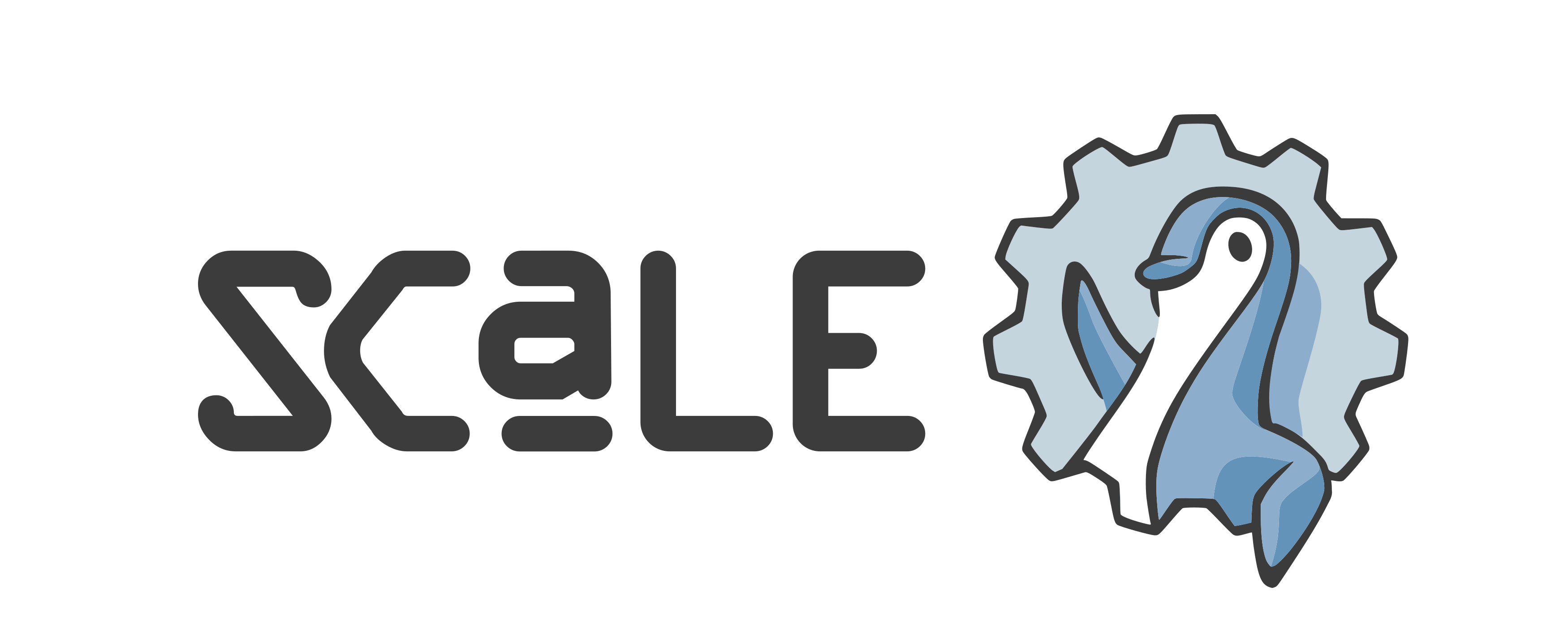Staying Sane In Technology Careers: Managing Mental Health

Mental health is a salient topic of concern in the tech industry. Indeed, our industry in particular attracts individuals with a seemingly higher-than-average incidence of neurodivergence or neuroticism. Attending to one's mental health is an important aspect of managing a career for the long term in an industry that can revolve around textual communication, create fewer opportunities for meaningful social interaction than other careers, and increases the potential for social isolation with the advent of widespread remote work.
Discussing mental health can often be stigmatized, especially in an industry such as ours where company cultures can inculcate impostor syndrome and a pressure to perform at increasingly high levels, as well as a high pace of execution and meeting demanding delivery deadlines. While "self-care" and "work-life balance" are often touted as values, these ideas can be vaguely articulated and encouraged only in the abstract. Self-advocacy for creating space for attending to mental health can be challenging, and we often lack the language, skills, and confidence to navigate investing in one's own mental health.
Indeed, it is crucial to pro-actively create space to manage mental health -- developing the self-awareness to know when one needs a break, whether that means planning for sustainable work pace or taking time off, is very important. And when crises do happen, having the confidence to take a leave of absence or find a different position where expectations can be more sustainable is critical, especially in an industry that touts perpetual "growth mindset." Understanding when it is a time to grow one's career or when it is time to seek stability at one's engineering or technical level is essential to working in technology for the long-term. In an industry soaked in lucrative venture capital and stock rewards, the impulse to over-work and seek the prospect of early retirement may be difficult to resist. The continued growth of the software industry across all economic sectors also means that the average age of employees in the industry will continue to shift upwards. Not all of us will have the luxury of early-acquired wealth and the freedom and leisure time that this may provide.
Zoë will discuss her own experience growing her career at Facebook from 2012 through 2020, ultimately reaching level of seniority that, while personally and financially gratifying at the time, was unsustainable. During this period she made a substantial investment of time, effort, and personal resources in her own intensive course of psychoanalysis. The covid era proved particularly challenging for her, culminating in personal crisis during a period of prolonged isolation that required significant effort and determination to navigate, building the skills and habits necessary to exist in a remote-work environment sustainably and gratifyingly.
The etiology of neuroticism and personal crisis became a topic of substantial interest, leading her to take time off from the technology industry to pursue professional and volunteer counseling opportunities to contribute to her community in both the greater Washington area as a crisis and suicide hotline counselor, and as an on-site crisis counselor at regional Burning Man events where participants can often have intense or overwhelming emotional experiences. Cultivating a sense of purpose and self-satisfaction outside of her career as a site reliability engineer gave her the confidence, perspective, and balance to ultimately return to the tech industry in a role that was more sustainable and provided space for continued volunteering supporting the mental health of others and the cultivation of socially meaningful hobbies that sustain her sense of ontological purpose in an increasingly complicated and evolving world indelibly impacted by the socially-focused technologies she helped create and develop during the most intense phase of her career.
Aside from relating an open, honest, and vulnerable narrative of her own personal experience, she will discuss different therapeutic disciplines -- not everyone is suited to yoga and cognitive behavioral therapy. This will include a discussion of alternative views on the pathologization of personality traits and the cultural hegemony of the DSM and classification of psychiatric "disorders." Indeed, neurodivergence or unique personalities do not require pathologization to be acknowledged and treated -- we can just as easily discuss them as core parts of ourselves that can be healthy or normal and not necessarily neurotic. Specifically, she will provide brief overviews of different therapeutic approaches, such as psychodynamic psychotherapy, psychoanalysis, cognitive behavioral therapy, narrative therapy, and others. This topic in particular is relevant to seeking a therapasit best-aligned to one's self-image, personal goals, and creating meaning for one's self both professionally and personally.
She will further provide advice on how to talk about mental health openly and concomitant with one's own level of comfort: self-advocacy is required when interacting with a corporate body and organization that has a fiduciary obligation to investors that can be experienced as cold or unfeeling by employees struggling with managing their mental health.
Finally, she will proceed to explain the practical matters of receiving treatment. The focus of the final portion of the talk will be useful advice and an explanation of available resources to help individuals understand how to navigate corporate and insurance bureaucracies, exercise ones rights established by the Family and Medical Leave Act (FMLA), and seek and receive treatment in the United States specifically. She will explain the different kinds of therapeutic licensure and how to evaluate potential therapists. Additionally, she will provide details on available options for substance use disorder treatment and how to select and enroll in a program.
Reifying a culture of limiting how much a career comprises our own sense of self-image or self-worth is essential. Our jobs are an important part of our lives, but they aren't the only part of our life. In addition to destigmatizing mental health issues or substance use disorders, discussing how to seek and manage treatment, and invest in one's personal life to sustain meaning and personal-existential satisfaction is the overall thrust of the content of this talk.
